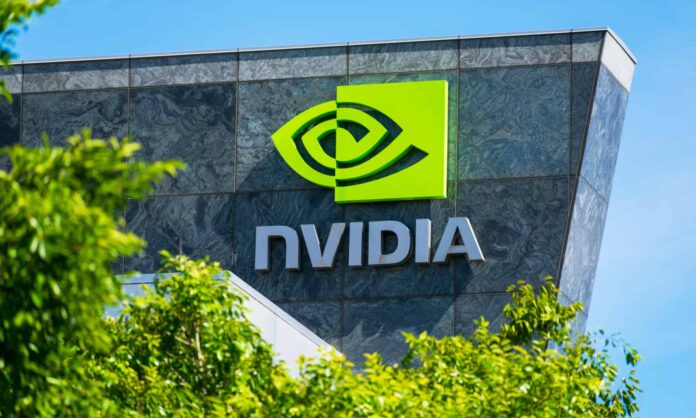Nvidia CEO Jensen Huang is gaining support in Europe for his idea of “sovereign AI,” a concept that encourages each country to build and control its own artificial intelligence systems based on its language, culture, and values.
Huang has promoted this idea since 2023, and European leaders are now taking steps to act on it.
Last week, Huang visited London, Paris, and Berlin to announce new projects and partnerships, while pointing out Europe’s lack of AI infrastructure. In France, Nvidia partnered with French startup Mistral to build a data center using 18,000 Nvidia AI chips, with plans to expand the project across more sites by 2026.
The push comes as European leaders express concern over their reliance on U.S. tech companies. British Prime Minister Keir Starmer announced £1 billion in funding to increase computing capacity. French President Emmanuel Macron called AI development a fight for national sovereignty. In Germany, Chancellor Friedrich Merz supported digital independence after Nvidia and Deutsche Telekom unveiled plans for an AI cloud platform.
The European Union in February announced plans to build four AI gigafactories at a cost of $20 billion. An EU official said the European Commission has been in contact with Huang, who agreed to allocate some chip production to Europe.
Europe is still behind the U.S. and China in AI and cloud infrastructure, which is largely controlled by Microsoft, Amazon, and Google. European firms like Mistral are trying to compete but face funding gaps. Mistral has raised just over $1 billion, while major U.S. firms spend up to $15 billion on infrastructure each quarter.
Power supply is another concern. Data centers already use 3% of EU electricity and are expected to consume more as AI demand grows. Still, companies like Mistral continue to develop AI models, which are often used alongside tools from U.S. companies like OpenAI, Anthropic, and Meta.
Huang said Nvidia will invest heavily in the region but urged Europe to move quickly to build its AI capabilities. While countries want independence, they still rely on Nvidia’s technology to reach that goal.




